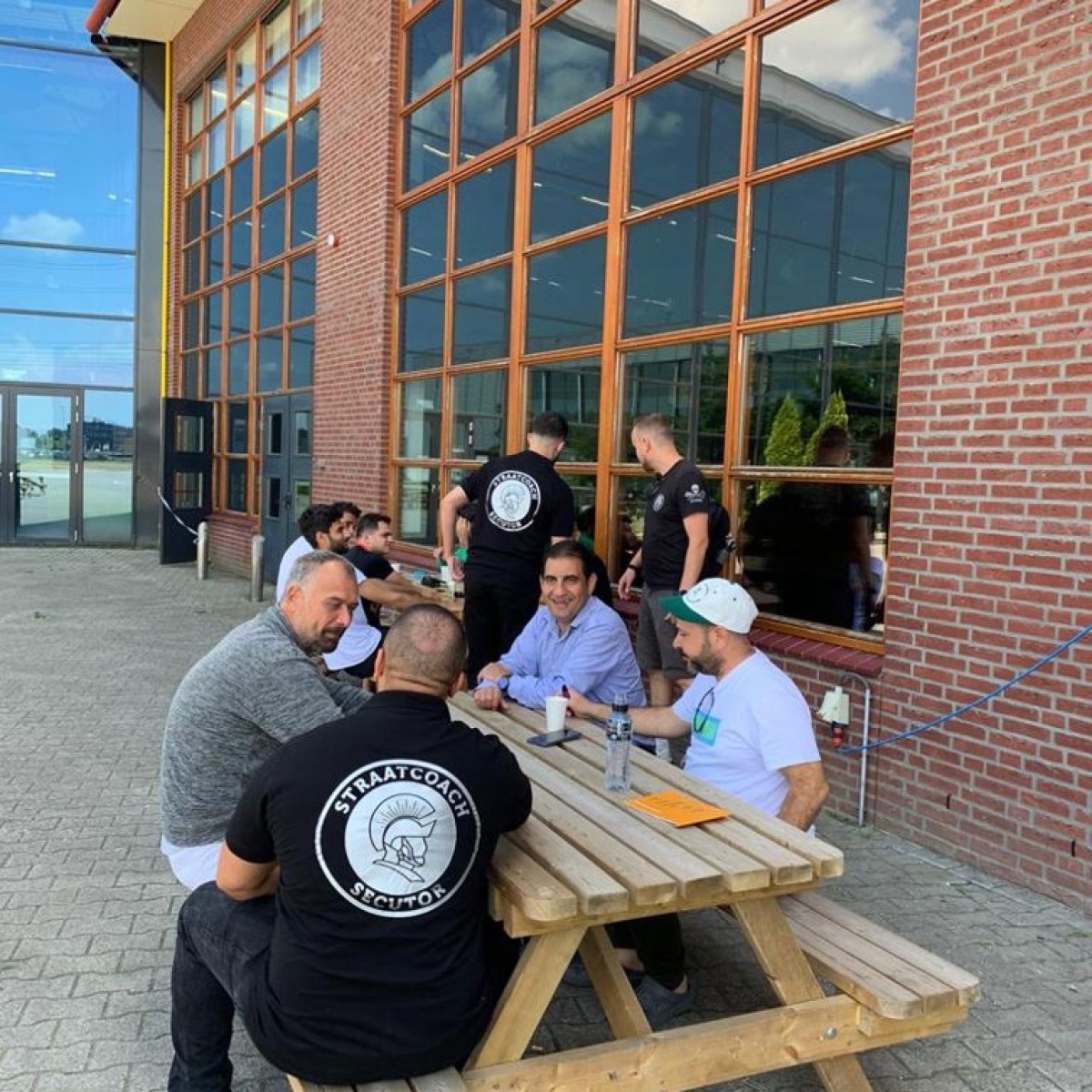
Intercultural street coaches in facilities for unaccompanied minors.
The NetherlandsSummary
Contact person:
Description of best practice:
There is a group of unaccompanied minors (UAM) that show troublesome behavior in reception facilities. Staff members are given the opportunity to hire intercultural street coaches to guide the UAM and bring order back to the facilities.
Target group:
Unaccompanied minors whose behavior is troublesome and cause nuisance to the facility and its surroundings.
Why is this in your view a best practice that others should follow?
The coaches are very successful in guiding the UAM. They speak the same language, both in a literal and figurative sense. They bring order and calm to UAM and groups of UAM and in that way support the staff members in doing their jobs.
Methods & results
Target group:
Unaccompanied minors whose behavior is troublesome and a nuisance to the facility and/or its surroundings.
Aim/issue:
Ensure safety of other UAM, the staff and surroundings. Reduce nuisance caused by some UAM. Give UAM alternatives to cope with their situation.
Parties involved:
UAM living in a COA facility, COA staff and intercultural street coaches hired through an external organization.
Context:
UAM is a vulnerable group. These minors have been through a lot in their home country and while traveling to Europe. They are without their parents or any other adults that can guide and support them. They can have trauma, and are at risk for troublesome (aggressive) behavior and to get involved in criminal activities. This behavior can affect the atmosphere in reception facilities in a negative way. Sometimes it is hard to gain trust of these youngsters for the staff to optimally guide them, especially when the future in the Netherlands is unsure or unlikely.
Elaborate description of implementation of practice:
UAM is a vulnerable group. These minors have been through a lot in their home country and while traveling to Europe. They are without their parents or any other adults that can guide and support them. They can have trauma, and are at risk for troublesome (aggressive) behavior and to get involved in criminal activities. This behavior can affect the atmosphere in reception facilities in a negative way. Sometimes it is hard to gain trust of these youngsters, especially when they have lived on the streets, without parents or other authorities for a long period of time and they are living in a survival mode. Without the necessary trust and contact it is difficult for the staff to optimally guide them, especially when the future in the Netherlands is unsure or unlikely.
Challenges, risks:
- Sometimes it is not possible to hire the same street coaches/intercultural mediators for a longer period of time while building trust is one of the key factors for success.
- The street coaches/intercultural mediator needs to be present at quiet times as well. Not only when a situation escalates on the location. It should be a way to prevent nuisance and not (only) to solve the challenging situation when it already arose.
- Another challenge is that the staff of the reception facility takes a step back since the street coach is speaking the mother tongue of the minors and they mostly don’t. The staff should be involved at all times; the street coach is supporting the regular staff of the facility and not taking over their work.
- In the end you would like that the staff of the facility could build up the same relationship with the UAM. Because hiring external manpower is not a long term solution.
Results:
The wellbeing of UAM is increased, troublesome behavior decreases and safety at the facilities is improved.
Preconditions
Location:
The location should have a living room in which people can easily meet each other. In addition, it is important that there are facilities for sports and playing games. This is the ideal outlet in which the minors can find relaxation and let go of negative energy. This can be done together with the employees and possibly the street coaches, which establishes positive interaction.
Means:
In fact you do not need any specific means. Because the street coach interact from a cultural and pedagogical background they do not need to be visible with an uniform for example. An uniform can also be counterproductive to get in touch easily since it displays a certain hierarchy.
Who works on the project:
The UAM-facility can apply a request for the deployment of street coaches in and around the reception facility to prevent nuisance of the minors. But also municipalities can decide to deploy street coaches in the area of the facility. A combination is also possible and has proven to be very effective.
When street coaches are deployed they work together with the staff of the reception center in contact with the minors. They are many briefings between the staff and the street coaches to optimally work together. The street coaches join the meeting in the morning for example, in which all details for the closed and upcoming shift are discussed with each other. In addition, the street coaches can play a great role in giving employees feedback and sharing knowledge about their way of acting towards young people, for example in the field of aggression management.
Costs:
The deployment of street coaches was partly financed through an European subsidy AMIF, partly through the location budget, but also sometimes at the expense of municipalities.


